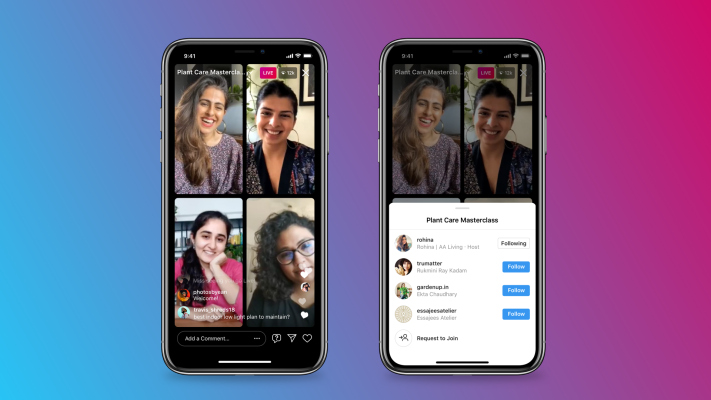
Meta is making some changes to how its apps handle advertising and young users. Under the new rules, advertisers on Instagram and Facebook won’t be able to leverage as much personalized data to target ads to teens. Users under age 18 will also be newly empowered with more choices about which ads they see and why.
Starting next month, Meta will remove the option for targeting advertising to teen users based on gender. The company will also end advertisers’ ability to target personalized ads to under-18 users based on their in-app activity, including who they follow on Instagram and what Facebook pages they like.
After the changes, personalized ads on those apps will only draw on a user’s age and location to determine relevance. According to Meta, location is necessary to assess which products and services are available in a user’s area.
In two months, Facebook and Instagram will also roll out new controls for teen users (kids under age 13 aren’t allowed on those apps — technically). Teens will be given an option to “see less” of a given topic, shaping which ads the platform will serve them.
These changes are the latest effort to build in some after-the-fact privacy protections for Meta’s youngest users. In 2021, Instagram blocked advertisers from targeting teens based on their interests or online activity outside of the app.
Ireland’s Data Protection Commission conducted a two-year investigation into how Instagram handled user accounts for kids aged 13 to 17, particularly the company’s practice of making those accounts public by default and allowing minors who opted into business accounts to share their phone numbers and other contact info.
Meta last fall was fined around $400 million for those infractions. At the time, the company said that it planned to appeal and criticized the Irish regulator for punishing the company for its past policies (ones that were likely only changed in the face of looming regulation, it should be noted). Kids on Instagram weren’t opted into private accounts or prompted to switch from public to private until well into 2021.
Meta’s incremental changes obviously stop short of turning off ads altogether for teens, a solution that wouldn’t be unreasonable given the risks involved. The company’s decision to stay the course suggests that its youngest users are valuable enough from an advertising perspective that Meta is willing to risk future regulatory wrangling rather than going cold turkey.
Instagram and Facebook introduce more limits on targeting teens with ads by Taylor Hatmaker originally published on TechCrunch

Taylor Hatmaker
Source link


